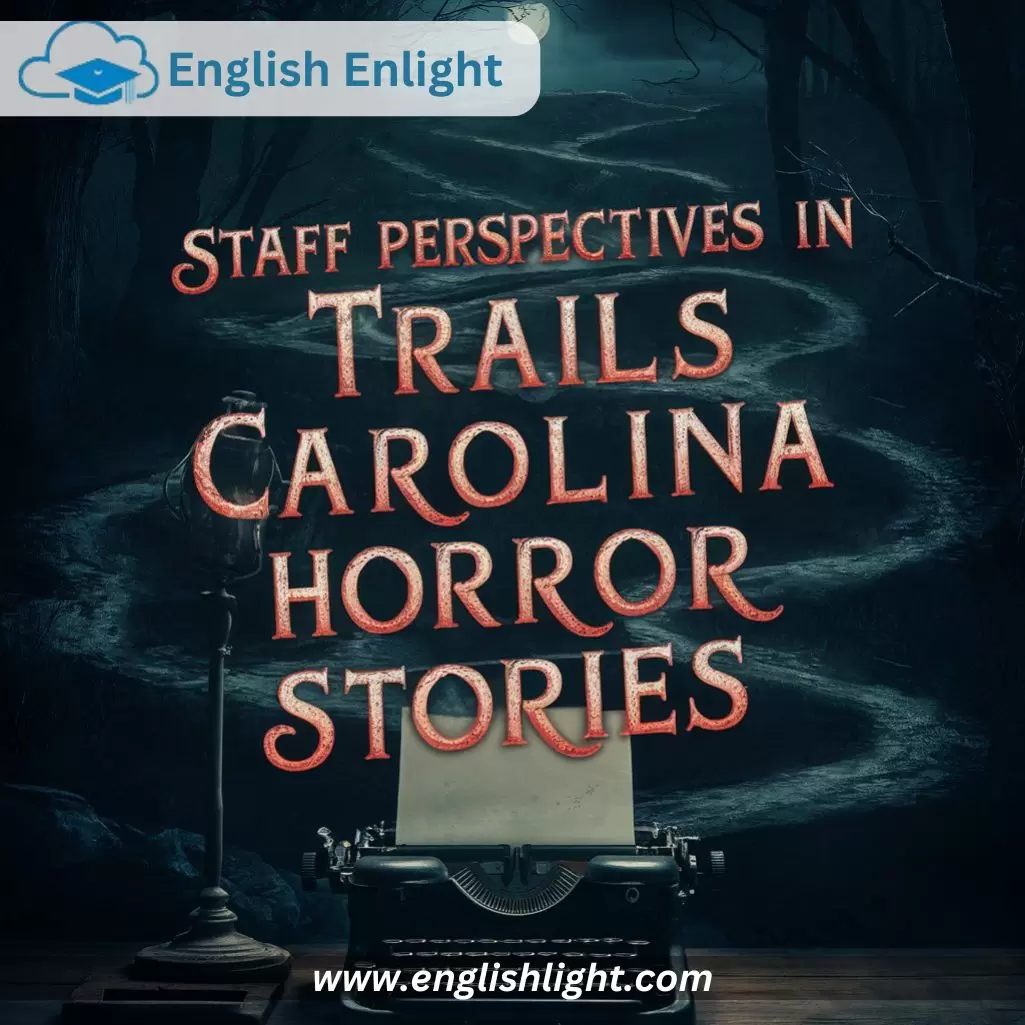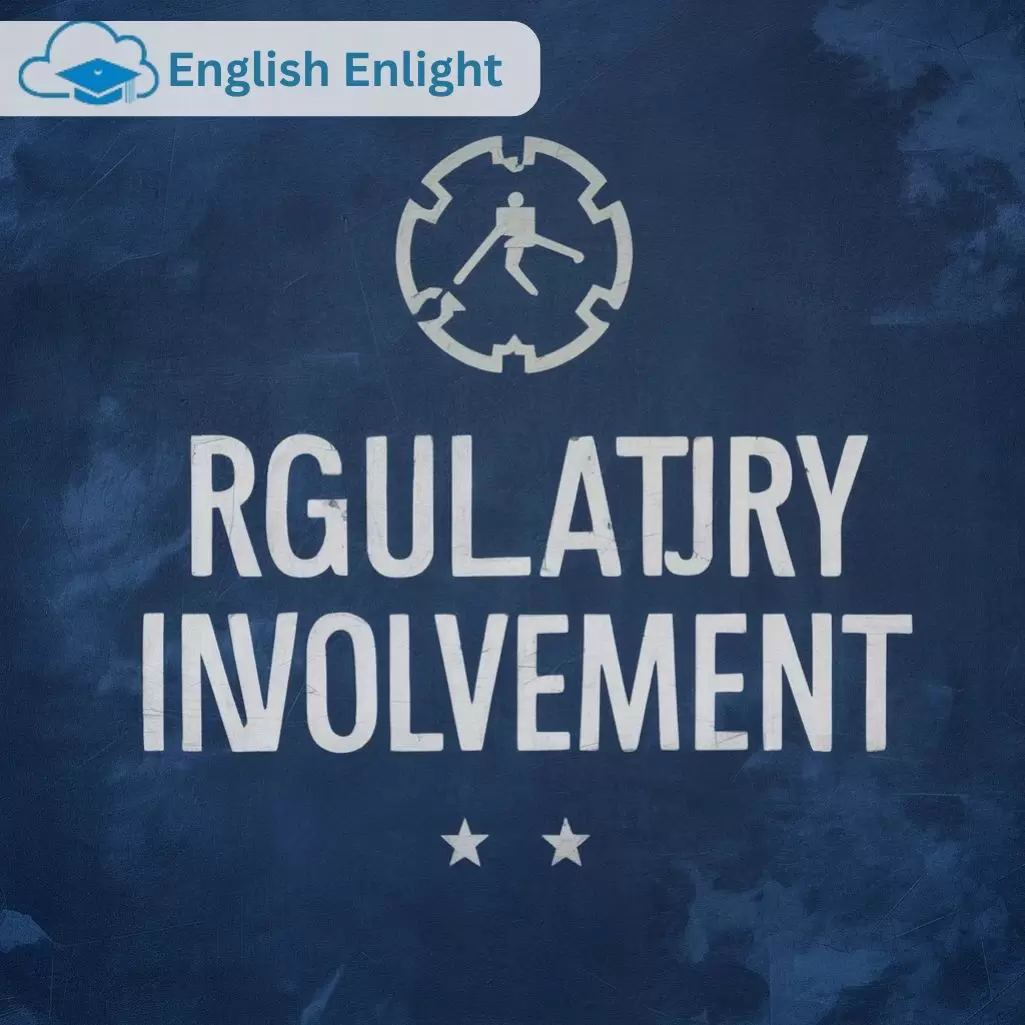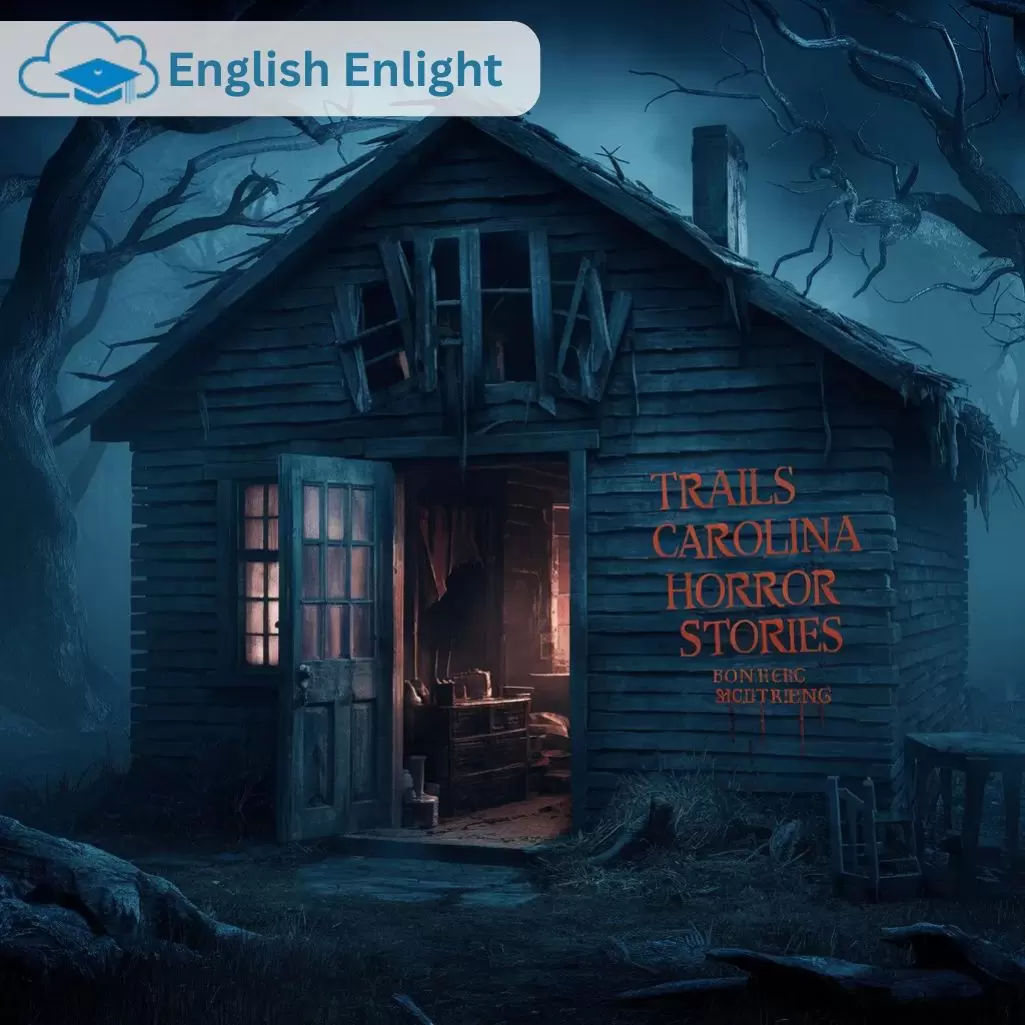Introduction
“Trails Carolina horror stories reveal troubling experiences, including mistreatment and neglect, prompting calls for accountability. By sharing these stories, individuals can advocate for improved practices and prioritize participant safety in wilderness therapy programs.”
Trails Carolina is a wilderness therapy program for young people facing emotional and behavioral challenges. It combines outdoor activities like hiking and camping with therapy sessions to promote personal growth. Participants engage in self-reflection in the natural setting, aiming to address their issues in a supportive environment.
If you or someone you know has experienced negative situations at Trails Carolina, it’s important to speak up and share your story. By bringing attention to these issues, we can advocate for better practices and ensure the safety and well-being of all participants in wilderness therapy programs.
Information about Trails Carolina Horror Stories:
Trails Carolina Horror Stories shed light on troubling experiences some participants have faced within the program. Reports of mistreatment, neglect, and lack of support have raised concerns about the program’s effectiveness and safety measures. It’s crucial to raise awareness about these issues to prompt action and accountability within the wilderness therapy industry.
If you’ve encountered difficulties at Trails Carolina or any similar program, consider reaching out to advocacy organizations or authorities to share your experience. Together, we can work towards ensuring that wilderness therapy programs prioritize the well-being and safety of all participants.
What are Trails Carolina?
Trails Carolina is an outdoor therapy program for troubled teens. It’s situated in the scenic wilderness of North Carolina. Licensed therapists lead the program, focusing on healing through nature and adventure. Teens engage in outdoor activities like hiking, camping, and rock climbing. These experiences promote personal growth and emotional development.
Participants receive individualized therapy sessions to address their specific needs. The program aims to build resilience and self-confidence while teaching life skills. Trails Carolina provides a supportive environment where teens can overcome challenges and develop healthy coping mechanisms. It’s a comprehensive approach that integrates therapy with the therapeutic benefits of nature.
About Trails Carolina Horror Stories

Trails Carolina Horror Stories refer to negative experiences reported by some former participants or their families. These stories often highlight issues such as mismanagement, abuse allegations, or unsatisfactory outcomes. While these accounts are not representative of every participant’s experience, they underscore the importance of due diligence when considering such programs.
Allegations of mistreatment or neglect can tarnish the reputation of therapy programs like Trails Carolina. Transparency and accountability are crucial in addressing concerns and ensuring the well-being of participants. Independent oversight and regular evaluations can help maintain quality standards and safeguard against abuse. It’s essential for families to thoroughly research and vet any program before enrolling their loved ones.
The Dark Side Of Carolina Horror Storie

Carolina horror stories, a trove of chilling tales, evoke a sense of dread in many. These narratives, deeply ingrained in folklore, thrive in the mysteries of the region. Each story, a cautionary whisper, warns against the unseen terrors lurking beneath the surface.
Historical Roots:
Carolina’s eerie legends stem from a rich tapestry of history and culture. Tales of spectral apparitions and cursed locations trace back centuries, intertwining with the region’s colonial past. The haunted grounds of plantations and forsaken cemeteries echo with the remnants of bygone eras, where the past refuses to rest in peace.
Modern Encounters:
Even in contemporary times, Carolina’s dark tales persist, evolving with the digital age. Online forums and social media platforms serve as modern-day campfires, where users share spine-tingling encounters and urban legends. The allure of the unknown draws adventurous souls to investigate abandoned sites, perpetuating the cycle of fear and fascination.
Unveiling Trails Carolina Horror Stories

Trails Carolina, renowned for wilderness therapy, harbors hidden tales of distress. Despite its reputation for healing, some stories reveal untold struggles. Instances of misconduct and neglect surface, causing concern. Parents seeking solace for troubled teens are met with alarming narratives.
Reports detail questionable practices and emotional turmoil. Families confront unforeseen challenges in their pursuit of recovery. Amidst the lush backdrop, troubling accounts emerge, challenging the program’s credibility.
As guardians entrust their loved ones to Trails Carolina, grievances emerge. Accounts depict unanticipated hardships and frustrating setbacks. Allegations of abuse and exploitation cast a shadow on the program’s reputation.
Despite promises of transformation, some individuals face trauma instead. Families grapple with doubt and disillusionment as they navigate the aftermath. The idyllic setting belies the struggles within, urging a closer examination of the program’s practices
Hoptraveler.com I Complete Data Guide
Securing Success: A Deep Dive into High Risk Merchant Highriskpay.com
Survivor Accounts

Survivors of Trails Carolina, a wilderness therapy program, share harrowing tales of abuse and neglect. They recount instances of isolation, physical violence, and psychological trauma endured during their time in the program. These accounts shed light on the darker side of wilderness therapy, revealing the deep scars left on participants long after they leave.
Survivors describe feeling helpless and voiceless as they faced mistreatment from staff members. Many recount being deprived of basic necessities such as food and shelter, subjected to excessive punishment, and denied access to proper medical care. These stories serve as a stark reminder of the urgent need for greater oversight and regulation within the wilderness therapy industry to protect vulnerable youth from further harm.
Staff Perspectives

Former staff members of Trails Carolina offer insights into the challenges and ethical dilemmas they encountered while working at the program. Some express regret for their role in perpetuating a system that prioritized control over compassion. They highlight institutional flaws that fostered an environment of abuse and exploitation, calling for reform within the industry.
Staff members also share the emotional toll of witnessing the suffering of participants and the frustration of feeling powerless to effect change within the program. Their perspectives underscore the complexity of the issues at hand and the need for comprehensive solutions that address both systemic problems and individual accountability.
As whistleblowers, these former staff members play a crucial role in advocating for justice and ensuring accountability for those responsible for the trauma inflicted on vulnerable youth.
Investigating the Allegations
When allegations arise, investigating them is crucial. This involves gathering evidence and interviewing witnesses. Analysis of data is essential for validating claims. Thoroughness ensures accurate conclusions. Verification of facts is pivotal. Documentation preserves findings. Collaboration with experts aids clarity. Transparency builds trust. Impartiality maintains credibility. Communication of results is imperative. Resolution promotes justice.
Regulatory Involvement

Regulatory bodies oversee various sectors. They establish rules and standards. Monitoring compliance is their duty. Enforcement ensures adherence. Guidance supports understanding. Updates reflect evolving needs. Cooperation fosters effectiveness. Evaluation assesses impact. Adjustments improve efficiency. Innovation drives progress. Protection of stakeholders is paramount. Safeguarding integrity is essential.
Legal Actions
Legal recourse addresses disputes. Litigation resolves conflicts through courts. Mediation seeks compromise. Negotiation facilitates agreements. Representation advocates interests. Proceedings follow established protocols. Judgments uphold justice. Enforcement ensures compliance. Appeals provide recourse. Precedents guide future cases. Fairness is fundamental. Resolution brings closure.
Insights into Trails Carolina Horror Stories

Trails Carolina horror stories often stem from miscommunication or lack of understanding. Participants’ experiences can vary widely, leading to misconceptions. Staff training and program transparency are vital to address concerns.
Communication channels should be open and accessible to all parties involved. Clear guidelines and expectations help mitigate misunderstandings. Participants should be encouraged to voice their concerns openly. Regular feedback sessions can help identify potential issues early on.
Staff should undergo continuous training to handle various situations effectively. Transparency regarding program policies and procedures is crucial for building trust. Addressing concerns promptly can prevent negative experiences from escalating.
Recommendations for Addressing Trails Carolina Horror Stories

Trails Carolina should prioritize improving communication channels between participants and staff. Regular feedback sessions should be implemented to address concerns promptly. Transparency regarding program policies and procedures can help manage expectations. Continuous staff training is essential for handling diverse situations effectively.
Encouraging open dialogue can foster a supportive and understanding environment. Additionally, it’s essential for Trails Carolina to establish an independent oversight committee comprised of both internal and external stakeholders. This committee can conduct regular evaluations of program practices, ensuring compliance with industry standards and regulations.
Moreover, implementing a confidential reporting system where participants and staff can anonymously report concerns can further promote accountability and trust within the program.
Frequently Asked Questions about “Trails Carolina Horror Stories”
What are “Trails Carolina Horror Stories”?
“Trails Carolina Horror Stories” are accounts shared by individuals who have had negative experiences or encounters while attending or interacting with Trails Carolina, a wilderness therapy program. These stories often depict various challenges, concerns, or criticisms related to the program’s practices, staff behavior, safety protocols, or overall effectiveness.
Why are “Trails Carolina Horror Stories” being shared?
The sharing of “Trails Carolina Horror Stories” serves several purposes. Firstly, it provides a platform for individuals to voice their grievances and concerns, potentially alerting others to issues they may encounter. Secondly, it can serve as a form of catharsis for those who have had negative experiences, allowing them to process and cope with their feelings.
What are common themes in “Trails Carolina Horror Stories”?

Common themes in “Trails Carolina Horror Stories” include allegations of mistreatment, neglect, or abuse by staff members, concerns about the program’s safety protocols and emergency response procedures, and dissatisfaction with the program’s therapeutic approach or effectiveness in addressing participants’ needs.
How can individuals share their “Trails Carolina Horror Stories”?
Individuals can share their “Trails Carolina Horror Stories” through various channels, including social media platforms, online forums, dedicated websites or blogs, and support groups or communities for survivors of wilderness therapy programs. Some may choose to share anonymously to protect their privacy and avoid potential repercussions.
What actions can be taken in response to “Trails Carolina Horror Stories”?
In response to “Trails Carolina Horror Stories,” individuals and organizations may advocate for increased transparency and accountability within wilderness therapy programs, call for independent investigations into allegations of misconduct or negligence.
And support efforts to reform industry regulations and standards to better protect participants’ well-being. Additionally, potential participants and their families can research alternative therapy options and carefully consider the risks and benefits before enrolling in a program like Trails Carolina.
Conclusion
Trails Carolina horror stories often stem from miscommunication or lack of understanding. Participants’ experiences can vary widely, leading to misconceptions. Staff training and program transparency are vital to address concerns. Communication channels should be open and accessible to all parties involved. Clear guidelines and expectations help mitigate misunderstandings.
Participants should be encouraged to voice their concerns openly. Regular feedback sessions can help identify potential issues early on. Staff should undergo continuous training to handle various situations effectively. Transparency regarding program policies and procedures is crucial for building trust. Addressing concerns promptly can prevent negative experiences from escalating.
Trails Carolina should prioritize improving communication channels between participants and staff. Regular feedback sessions should be implemented to address concerns promptly. Transparency regarding program policies and procedures can help manage expectations. Continuous staff training is essential for handling diverse situations effectively. Encouraging open dialogue can foster a supportive and understanding environmen

Hi, I’m Joshua Lee, the author of English Enlight website, where I share helpful tips and insights to enhance your English skills. Join me on this journey of language learning and discovery!














